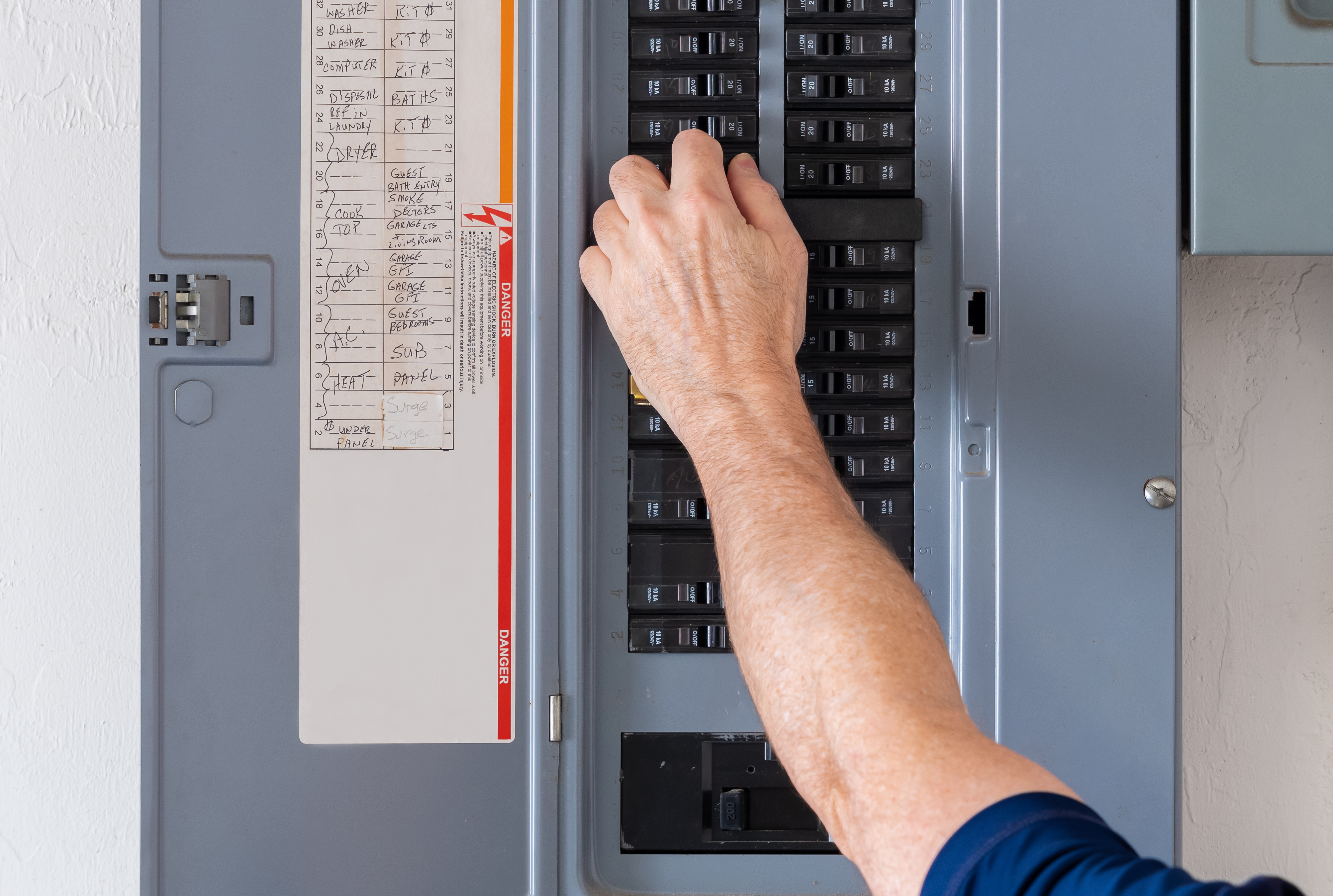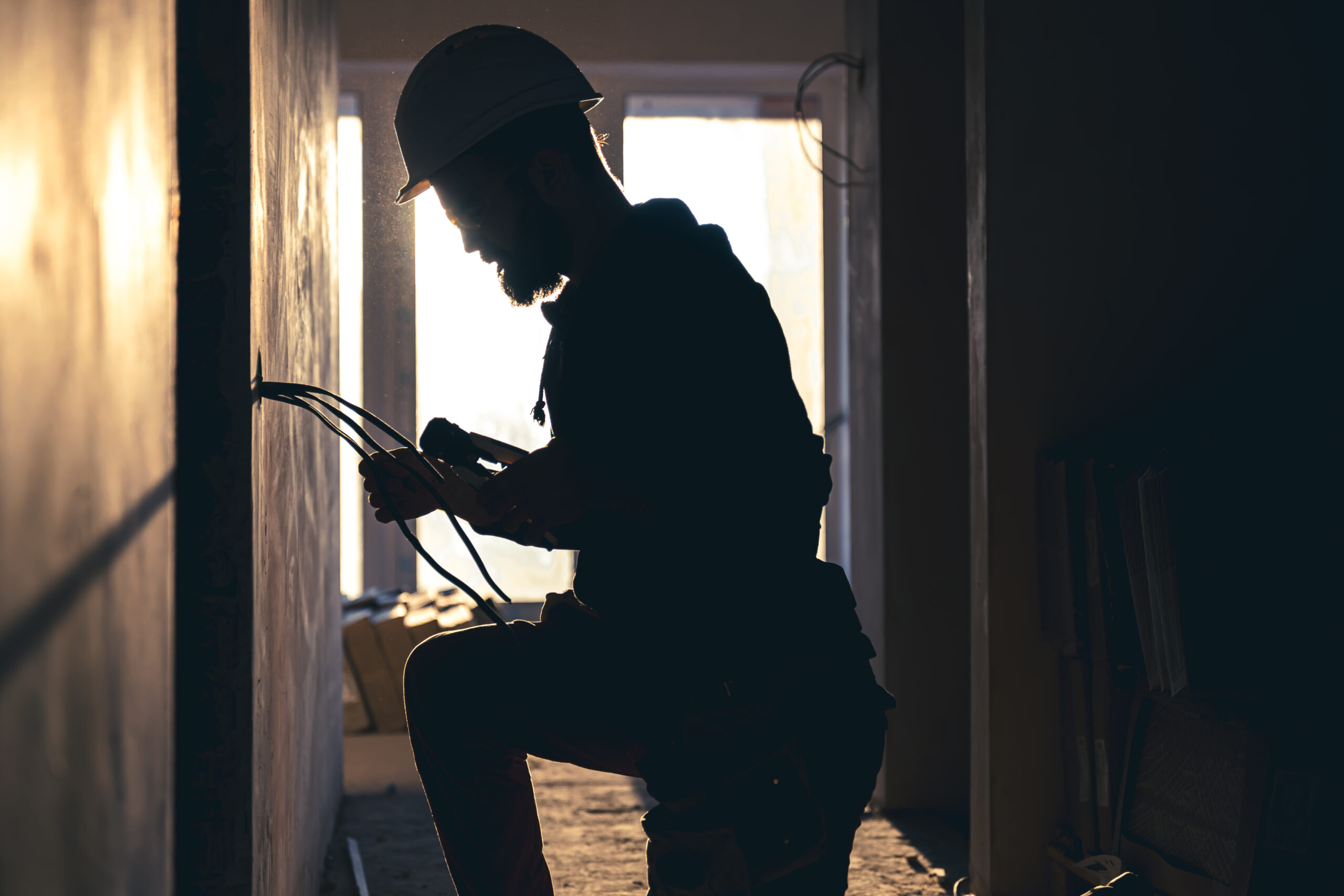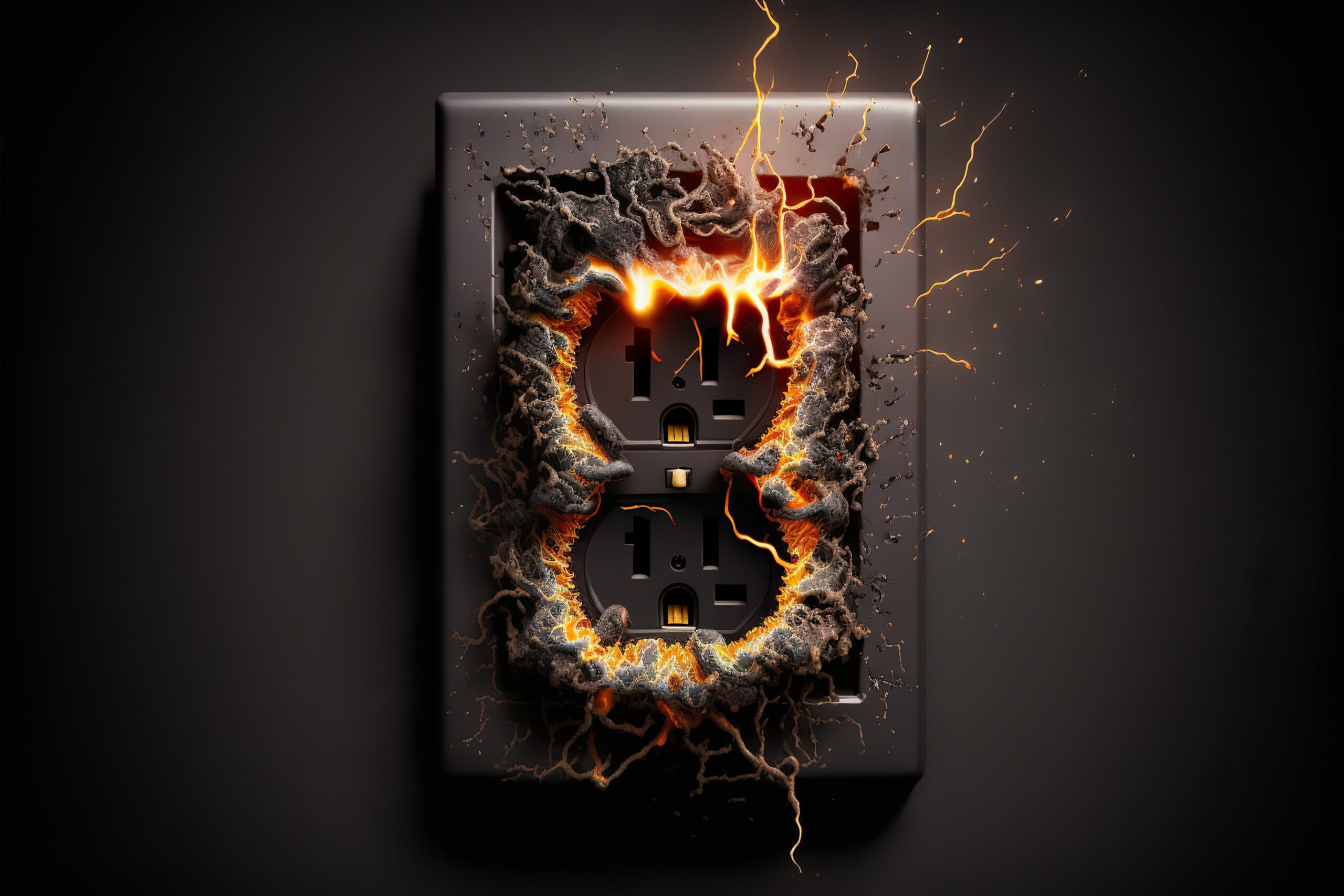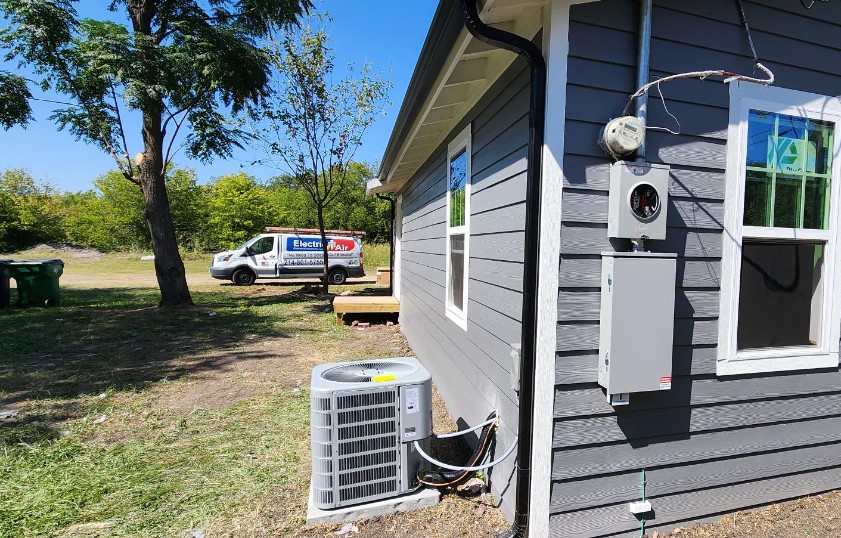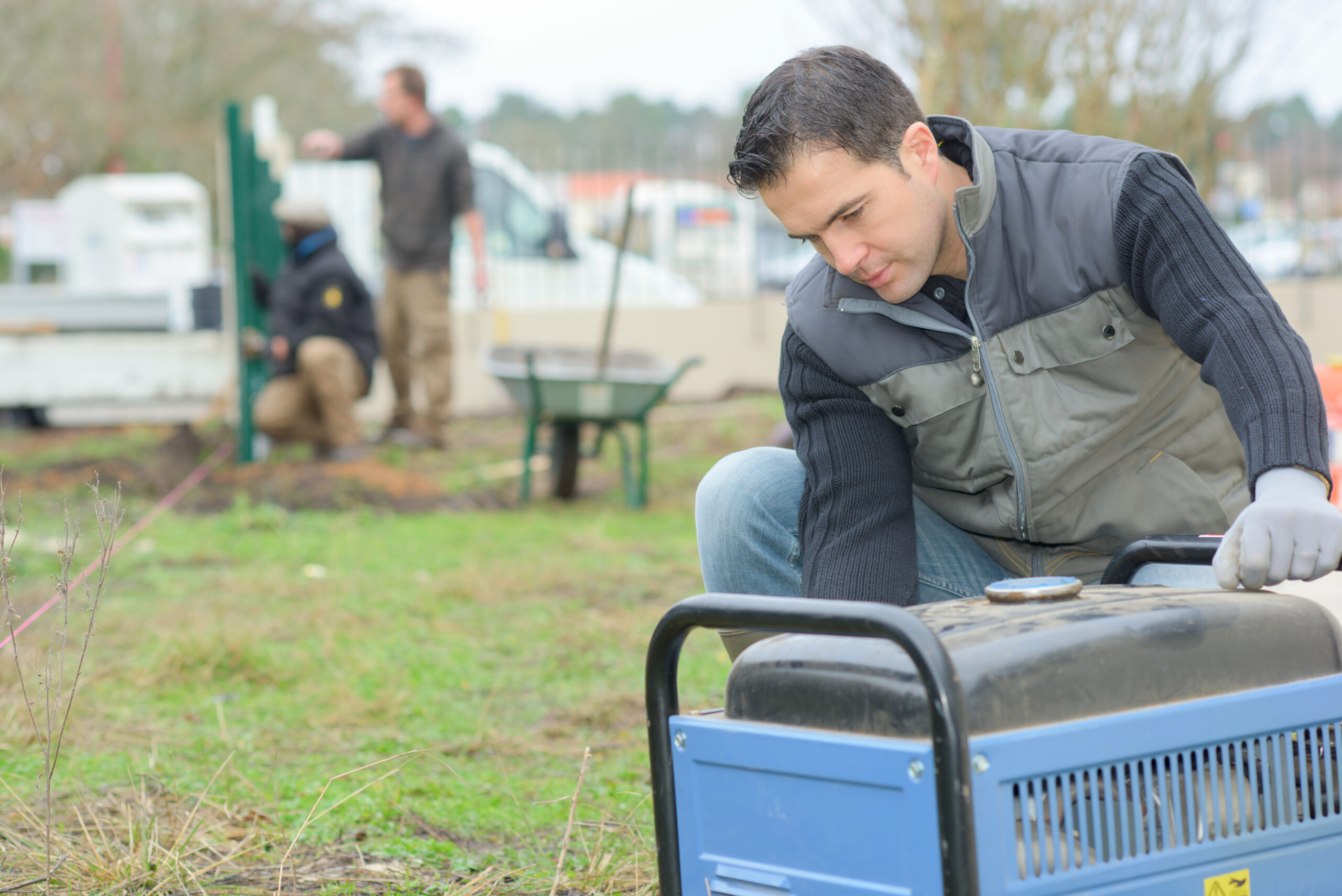Our licensed electricians are often asked about precautions that are needed during storms. One of the simplest and most effective solutions is using surge protectors. In this article, I’ll dive into why surge protectors are essential during storms, how they work, and how to choose the best one for your home.
What Causes Power Surges?
Power surges are sudden increases in voltage that can damage or destroy electronic devices. These surges can occur for several reasons, including lightning strikes, downed power lines, and the restoration of power after an outage. During storms, the risk of power surges increases significantly, making it crucial to protect your devices.
How Do Surge Protectors Work?
Surge protectors shield your electronic devices from voltage spikes by diverting excess electricity to the grounding wire. Here’s a breakdown of the key components and their roles:
- Metal Oxide Varistor (MOV): The core component that absorbs excess voltage and directs it safely to the ground.
- Grounding Wire: Provides a path for the excess voltage to be safely dissipated.
- Indicator Lights: Show the status of the surge protector, indicating if it’s functioning correctly.
The Necessity of Surge Protectors During Storms
Lightning strikes can cause severe power surges that travel through power lines and into homes, potentially damaging anything plugged into an outlet. Surge protectors are designed to handle these spikes and prevent them from reaching your valuable electronics. By using surge protectors, you can avoid costly repairs or replacements and reduce the risk of fire.
Choosing the Right Surge Protector
Not all surge protectors offer the same level of protection. Here are some factors to consider when selecting one:
- Joule Rating: This measures the energy absorption capacity of the surge protector. For effective storm protection, look for a joule rating of at least 2,000.
- Clamping Voltage: The voltage level at which the surge protector activates to divert excess electricity. A lower clamping voltage offers better protection; aim for 400 volts or less.
- Response Time: The quicker the response time, the better the protection. Look for a response time of one nanosecond or less.
- Number of Outlets: Ensure the surge protector has enough outlets for all your essential devices.
- Additional Features: Some protectors come with USB ports, coaxial cable protection, or Ethernet protection, which can be beneficial for comprehensive protection.
Whole-House Surge Protectors
For the highest level of protection, consider installing a whole-house surge protector. These devices are connected directly to your electrical panel and protect all the circuits in your home. Although they are more expensive than plug-in products, they provide robust protection against large surges caused by lightning.
Installation Tips
Proper installation ensures your product work effectively:
- Plug-In Surge Protectors: Simply plug them into an outlet and then connect your devices.
- Whole-House Surge Protectors: These should be installed by a licensed electrician to ensure they are correctly connected to your electrical panel.
Maintenance and Replacement
Surge protectors degrade over time and need to be replaced periodically to ensure continued protection:
- Indicator Lights: Pay attention to the indicator lights. If they go out, it’s time to replace the unit.
- Regular Replacement: Even if the lights are functioning, replace surge protectors every 3-5 years or after a significant surge event.
Conclusion
Storms can cause significant damage to your home’s electrical system, but with the right hardware, you can protect your valuable electronics and appliances. Understanding how these products work and selecting the right ones for your needs will help keep your home safe during stormy weather.
If you have any questions or need help selecting or installing products, don’t hesitate to reach out to DFWElectricianHvac. Our team of professional electricians is here to ensure your home remains safe and your electrical system functions smoothly.

